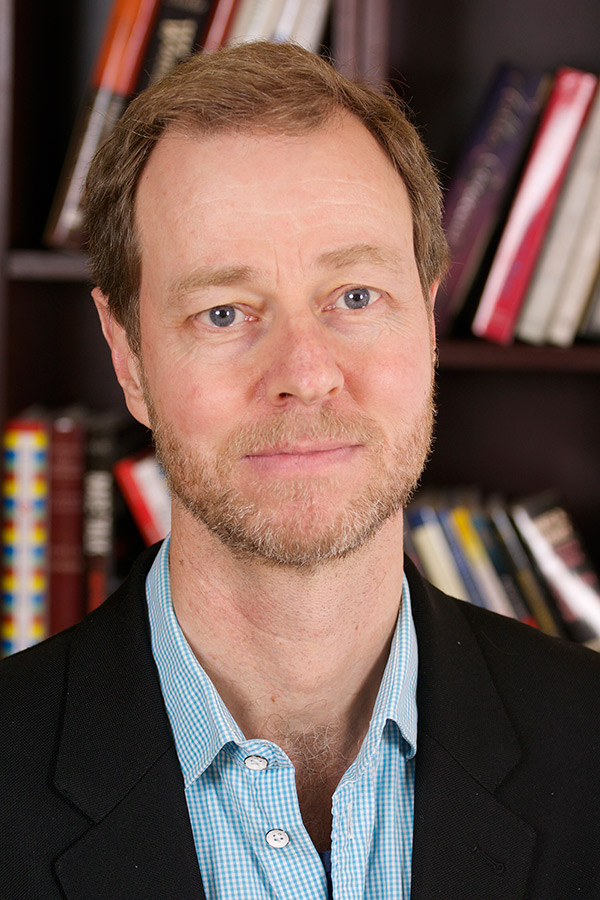TC’s Tom Hatch Asks: Is Finland’s Education System Changing?

“Whether you believe Finland’s education system is moving up or down on some set of rankings, it’s clear that there are some teachers, school leaders, and other educators who are trying to do some things differently,” Hatch writes. “The challenge, as Saku Tuominen, [founder and chief executive of HundrEd] describes it, is ‘not pushing new ideas into schools, but trying to identify innovative ideas that are already out there’ and helping them spread.” Tuominen, Hatch writes, frames Finland's problem this way: “[W]hatever happens in the classroom, stays in the classroom.”
Last year, to encourage the sharing of innovations not only within Finland but worldwide, Tuominen and his colleagues founded HundrED and identified, documented and shared online 100 Finnish educational innovations. Recently, HundrEd released its global list of 100 inspiring innovations “from Afghanistan to Venezuela and many places in between,” Hatch writes.
In Helsinki last summer, Hatch interviewed “a few of the education innovators on the Finnish list as well as with policymakers and colleagues from a variety of other Finnish educational institutions.” All of them, he writes, “not only emphasized that their work begins with a recognition of and respect for the autonomy of teachers and a commitment to basic principles of equity, but also expressed some frustration with the difficulties and slow pace of improving and changing the Finnish education system.”
“At the same time, those conversations pointed to key avenues for supporting the development of new and more effective educational practices at both the policy and the school level,” Hatch writes.
For the complete blog post, click here.
Published Thursday, Oct 26, 2017